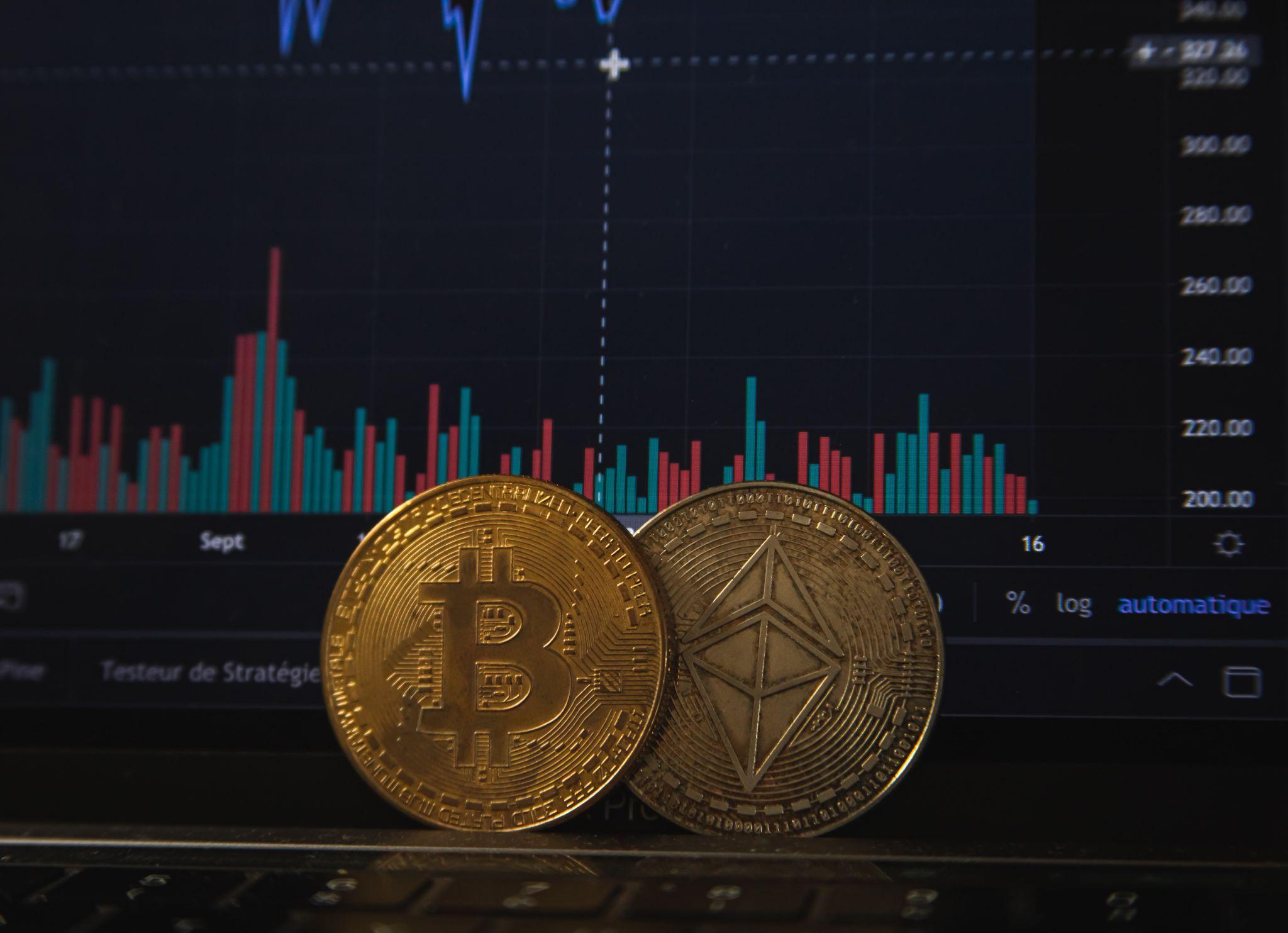
Blockchain is a decentralised database, meaning the information is spread on the network where data is stored in blocks. These blocks are chained together as they are filled. Once a block is chained, it cannot be removed or modified. The main difference with a classic database is the way the information is stored. It’s not stored in tables but in chunks of data linked in chronological order, hence the term chain.
The use of Blockchain in the gaming industry holds many benefits such as verifiability and transparency, security, but also reduced time and cost of transaction in-game.
Contrary to popular beliefs, Blockchains can be hacked, but this system is still one of the most secure today. In the gambling industry, for example, where new casinos offer no deposit bonuses to new players, not as pure altruism, of course, it’s already considered to be the future of gambling.
Most servers in gaming are centralised and very opaque for players. This has been the cause of many problems during its history. Examples of editors who interrupted their service, rendering assets players paid for with real money inaccessible to them forever, are legion. Blockchain offers a new way for these players willing to pay to own assets differently.
Ownership of in-game objects
One of the perks of Blockchain is the possibility to create unique objects and to store their history in the network. Some games already have their economy based on this concept, like Gods Unchained, developed by Fuel Games. To make this possible, they created a smart-contract system passing the ownership of the asset either by buying it or by completing quests. Once this is in the Blockchain, even the developers can’t reverse the operation.
This usage of the technology gives players the ability to auction the object or to keep it forever. They can store it in their crypto wallet like any NFT. Holding assets as NFTs can be helpful in case the game in question stops existing, which is more and more frequent. This way, the player doesn’t lose the money invested, and it may even increase in value like an art piece.
In-Game Currencies in Real Life
Games like Age of Rust take this mechanic of in-game currency further by using an Ethereum-based in-game currency. Players can convert it into other cryptocurrencies and use them outside of the game. It’s a way for players to monetise their gaming time.
The opportunity to use cryptocurrencies inside a game is also spelling big money for the developers, as the price of these currencies is insanely high, so the cost of in-game objects will depend on the market of cryptos. Fortunately, players can also speculate and sell acquired parts of the Blockchain, given the open-source nature of the Blockchain.
Security & Transparency
Blockchain gives players a lot of control over the game, as the developers can’t force anything with updates, and players build the game as time goes by. Players can even create their own marketplace to sell the assets. Such is the case with Nine Chronicles, which is entirely based around Blockchain and open source.
In terms of security, this also means players and developers can’t cheat each other, as all information is stored in the database and open to the public. This protects third parties when buying these assets, too, as they can immediately check and know what they’re buying from another player.
Decentralisation of the servers also prevents potential buyers from falling victim to scammers selling fake assets as all exchanges are made with NFT (non-fungible tokens) with online wallets like Wax or Open Sea. Moreover, the use of NFTs saves time and money as the exchange is made in an instant and currency localisation is not a problem anymore. In other words, it doesn’t matter if you live in a country using Euros or Dollars since the currency is unique for all players worldwide.
Conclusion
It’s estimated the Gaming Industry generated over $177 billion in 2020, which makes it one of the most profitable ever. Mixing it with Blockchain, which as a service is estimated to be reaching more than $11 million by 2026 according to MarketsandMarkets, seems like a natural continuation of the market growth and shift towards digital currencies. This will not reach mainstream audiences right away, but developers are offering interesting proof of concepts that may hopefully inspire bigger developers to dip their toes in this new way of making games. The main question is, can this be implemented in more complex games like AAA titles?









